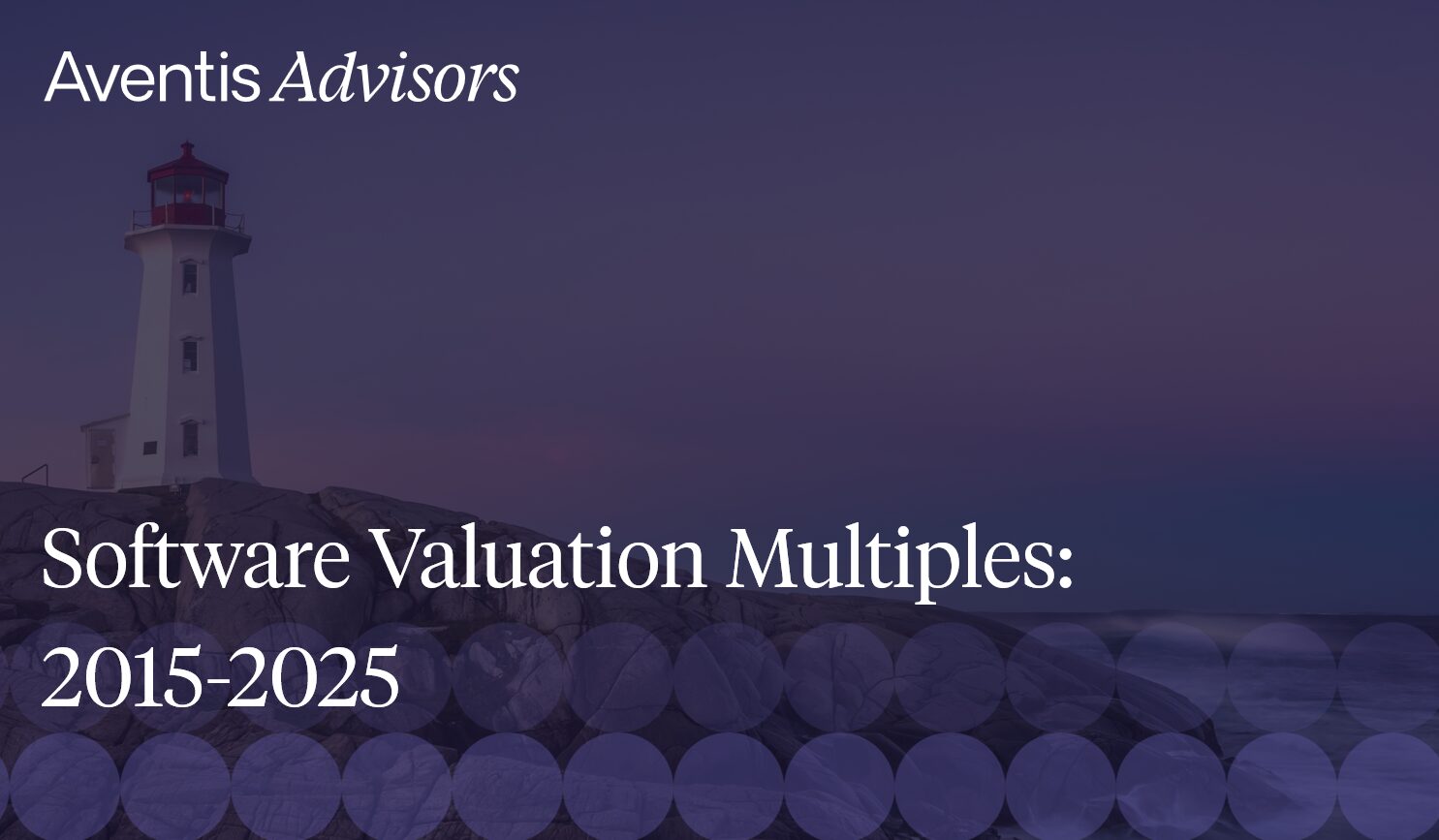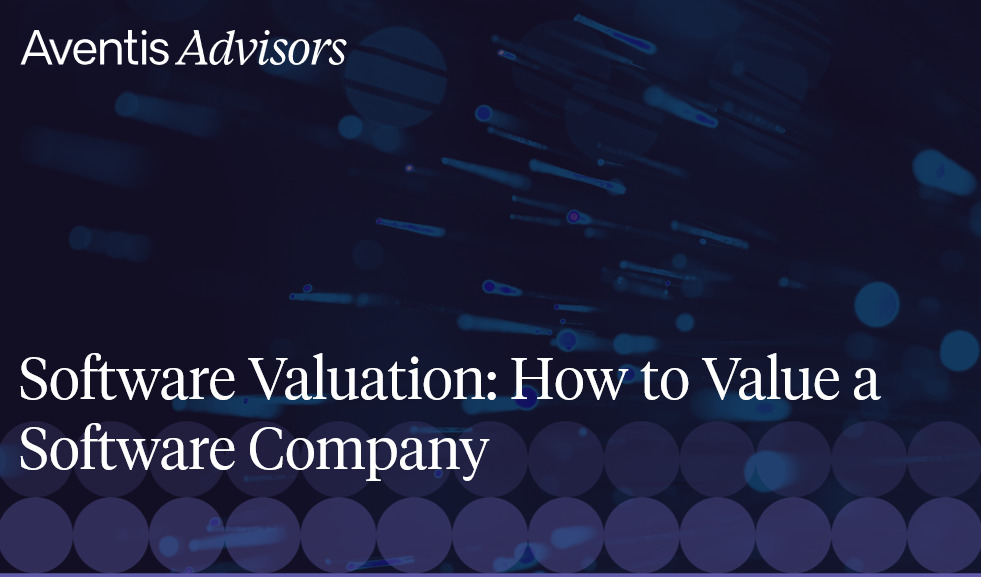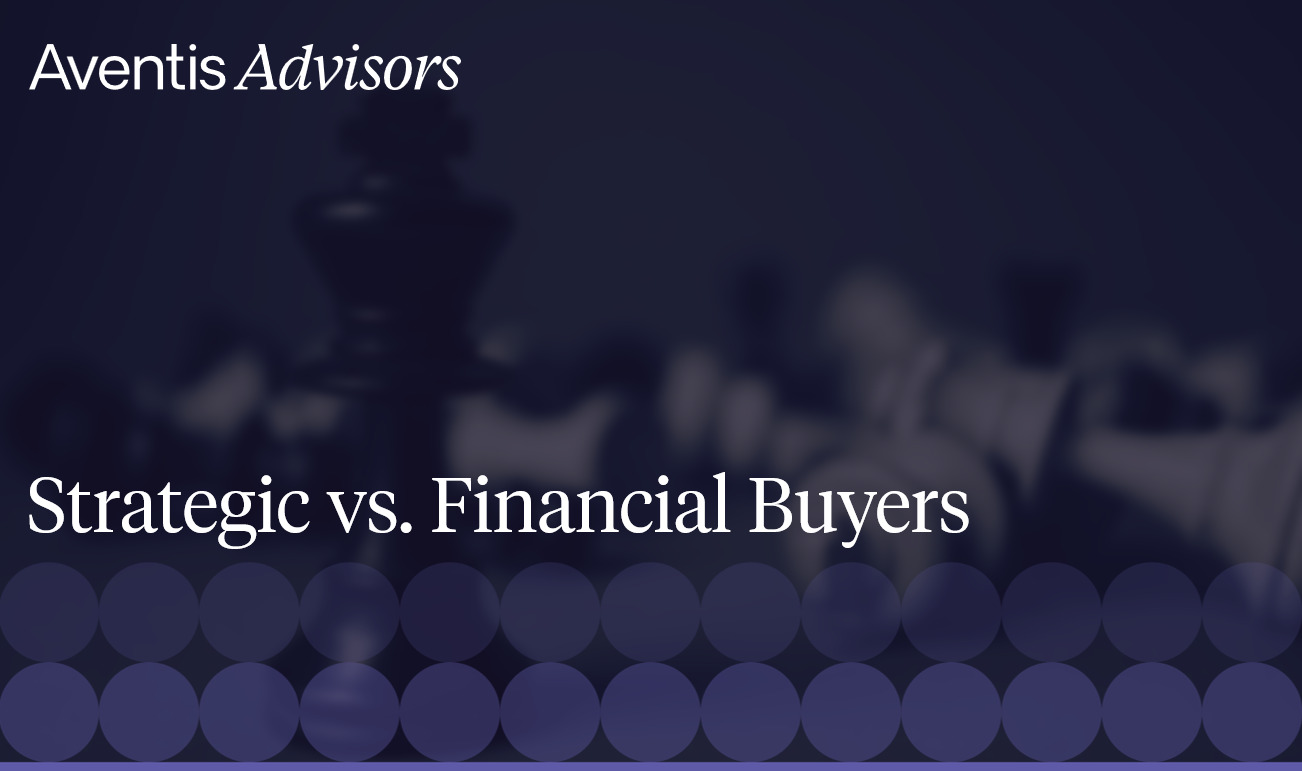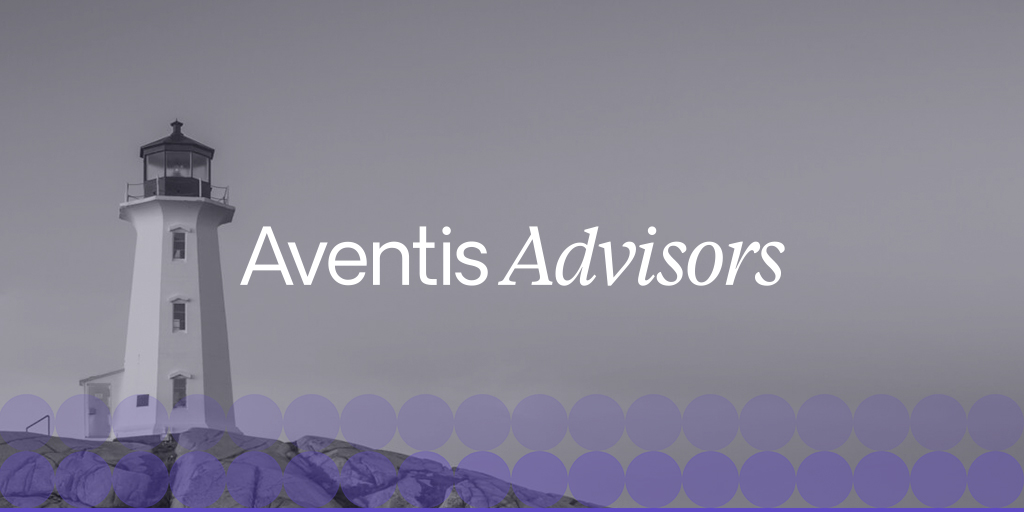So, you’ve been approached by a software roll-up player, also known as a consolidator or serial acquirer.
Here’s your go-to guide to help you confidently navigate the next steps. In this article, we answer the top 9 questions founders should consider when evaluating selling to a software roll-up.
The roll-up strategy has surged in popularity, particularly since 2021, due to loose monetary policies and easy access to capital. Companies with low borrowing costs have been consolidating industries at unprecedented rates. As a result, the number of software roll-ups skyrocketed and selling to a roll-up company has become a common exit strategy.
If you are a software founder, you likely have been approached by one of the software consolidators on the market. This article will clarify what a roll-up is, explain its operational approach, and outline what a potential exit to such a buyer might involve.
Let’s start with the basics: What is a roll-up?
What is a roll-up?
A roll-up strategy involves acquiring multiple smaller companies in the same industry to consolidate market share, reduce costs, and achieve greater efficiency. This approach enhances competitive strength, expands market reach, and leverages economies of scale. Roll-ups sometime leverage cross-selling to expand product offerings, access new customer segments, and drive revenue growth.
Roll-ups typically operate in markets where organic growth prospects are limited, so they turn to acquisitions as a primary growth strategy. Roll-ups can be both strategic investors (often called serial acquirers), and private equity firms building platform companies through multiple smaller add-on acquisitions. In most cases, roll-ups are backed by private equity or other financial investors.
Why do private equity firms love rolling up companies?
The main reasons why private equity groups and other serial acquirers roll up companies are to gain economies of scale and market power and improve the company’s valuation through multiple arbitrage.
As our research shows, company size has a significant effect on valuation, with larger transactions fetching a significantly higher Revenue and EBITDA multiple.
For illustration, consider the table below from our software valuation report. By acquiring multiple companies with valuations in the 1.4-2.1x range, a private equity firm can later exit the investment by selling a larger, consolidated entity at a significantly higher multiple. Our research shows a median exit multiple of 5.8x for deals above USD 500m in value.
If you are seeking a liquidity event but also want to retain some potential upside in the next 3-5 years, partnering with a larger, actively growing group operating a roll-up strategy could be an excellent opportunity.
Selling to a roll-up allows you to sell a portion of your shares while rolling over the remaining equity or structuring a sale with an earn-out. It positions you for a future exit being part of a larger group, at a higher multiple. Our experience shows that this strategy can create substantial value if the company continues to grow after the acquisition.
Top questions and answers for founders being approached by serial acquirers
1) What key characteristics do roll-ups look for in acquisition targets?
As software roll-up is largely a financial enterprise and buyers are not too active in the day-to-day management of the company, roll-up players usually look for stable and low-risk businesses. In software, this means a recurring revenue business model with low churn.
Constellation Software, a leading serial acquirer in the software industry with over 1,200 acquisitions, exemplifies these criteria. Their acquisition standards and roll-up strategies, detailed below, serve as a benchmark for many smaller roll-up companies, making them a valuable reference for understanding industry best practices.
Constellation Software differentiates between two types of businesses: “Exceptional Businesses” and “Good Businesses.” Exceptional businesses are vertical market software companies with at least $1 million in EBIT, consistent earnings, and growth of 20% or more per year with committed management. Good businesses are niche market leaders (number one or two), have at least $5 million in revenue, a large existing customer base (hundreds or thousands), minimal competition, and a set offering price.
Other key considerations include revenue, margins, and the criticality of the software to the organization. Determine whether the software is merely a convenience or mission-critical—meaning the company cannot operate without it and faces substantial switching costs. A mission-critical software solution creates a competitive moat and a recurring revenue stream, leading to minimal churn and generating high double-digit incremental margins. This is what roll-ups, private equity, and strategics are all looking for to generate high and consistent IRR.
2) What valuation range can I expect from a roll up?
In terms of valuation, serial acquirers typically follow a disciplined acquisition playbook, which often constrains the multiples they offer. Consequently, they pass on opportunities that exceed their valuation criteria. In contrast, strategic buyers and traditional private equity firms often offer higher multiples due to their more flexible approach. Therefore, in general, if maximizing your business’s exit value is your top priority, then selling to a roll-up may not be the best option.
For software companies with growing recurring revenue and exceptional key performance metrics, roll-ups often face intense competition from strategic and private equity firms, leading to bidding wars and higher valuations. The final outcome depends on the fundamentals of your company and general market conditions. Each situation is unique, therefore consulting an external advisor who has a finger on the pulse of current market conditions, valuations, and the strategies used by key acquirers, can come in handy. Check out our article on how software founders can maximize the selling price of their software company.
3) How will the brand and culture of my company change post-acquisition?
As with all, the question depends on many factors, the role your company will play and the potential acquirer. To illustrate two companies and their different approach we have chosen Vela Software (an operating group of Constellation Software) and Vitec Software. Both companies are active in acquiring vertical software product firms but with different strategies for integration.
The company implementing an integrative approach is Vitec Software, where immediately post-acquisition, the Vitec name is added to the company name, with the ambition to in the long term integrate the acquired company within the group and under the Vitec umbrella.
For Constellation Software – we have found, that the company is operating a more decentralized structure with its portfolio companies continuing operations under the original company brand.
4) How long does it typically take to close a roll-up transaction?
The timeline can range from 6 to 12 months, depending on the complexity of the deal, due diligence processes, and the readiness of both parties. Roll-up companies have extensive experience in M&A, which expedites the process compared to a first-time buyer. They also have funds readily available and can often close deals faster than traditional buyers.
5) Will I be required to stay on and run the business after the sale?
This depends on the acquirer’s strategy and the specific terms negotiated. The majority of roll-up companies prefer the seller to stay on for a transition period or even longer, especially if they believe the owner’s continued involvement will be beneficial for growth. Some of the acquirers may have a management team in place and might not require you to stay, but most will insist on a transition period of 1-3 years.
To incentivize founders to stay in the business, certain roll-ups (for example Constellation Software), structure uncapped bonuses based on key metrics to align the interest between the founder and the continued business success.
Typically, roll-up buyers offer their portfolio companies coaching, internal knowledge sharing, and capital allocation best practices.
6) What are the key benefits of selling to a roll-up company?
The key benefits of selling to a roll-up can be categorized into financial, operational, and personal. Firstly, depending on your divestment goals, you can structure a deal to sell a majority of your business now while retaining a stake in the roll-up group. This retained stake could potentially be sold later at a significantly higher multiple due to the increased valuation from the roll-up scale. However, this opportunity may not be available to everyone and not all roll-ups will be successful.
Secondly, if you want to become a part of a larger operating group, and take advantage of best practices, a network of peers, and having an investment team in your corner to evaluate further M&A ideas to accelerate your growth, then selling to a roll-up can be an excellent option.
Thirdly, it is speed. Selling to a roll-up is often a way quicker exit strategy than traditional routes.
It is important to remember that the benefits all depend on the type of roll-up you choose to partner with. At Aventis Advisors, we have seen plenty of roll-ups, all with different approaches, and operating philosophies. Thus, having a good understanding of the players in the market is key to finding the right match for your business to realize the many potential benefits.
7) What are the key risks of selling to a roll-up company?
Key risks of a roll-up transaction include potential culture clashes, integration challenges, reduced control over business decisions, and shifts in strategic direction that may not align with your vision. Additionally, if the roll-up company is highly leveraged, financial risks could impact the business’s stability and growth post-acquisition. Regulatory scrutiny, especially if planning an IPO, can also be a significant concern. We recommend speaking with M&A advisors or other founders who have sold to a particular roll-up to gain insights from their experiences.
8) Is my company a potential add-on or a platform company and what’s the difference?
The roll-up strategy often begins with acquiring a platform company, with an illustrative example detailed in the chart below. A platform acquisition involves acquiring a company to serve as a unifying base or “platform” for further buy-and-build acquisitions, with the aim of building a larger company for a subsequent exit at higher multiples.
The roll-up strategy often follows the timeline illustrated below. The first step is to acquire a platform company, serving as an unifying base or “platform” for further buy- and build acquisitions. After a period of 3-5 years, having built a leading company in a specific vertical, the goal is to sell the business at a significantly higher multiple.
Below is a case study on Appfire, which transformed into a platform company with the backing of two private equity firms, leading to a spree of over 10 acquisitions in just three years. When considering valuation and purchase price, it’s important to note that a company positioned as a platform can often secure a much higher multiple, whereas an add-on acquisition typically yields a lower multiple.
9) What should I do to prepare my software business for sale to a roll-up company?
Preparation involves several steps: optimizing financial performance, organizing financial statements, ensuring strong customer retention, protecting intellectual property, and streamlining operations. An M&A advisor can help you navigate these steps and position your company attractively to potential acquirers. Check out our SaaS Exit Readiness Dashboard on how to best prepare for an exit.
Have you received an offer for your business from a software roll up firm?
Congratulations on receiving an offer! It’s a testament to your hard work. Enjoy the moment, but don’t rush into a decision—first offers are rarely the best.
Having a software M&A advisor by your side can streamline the transaction process and help you achieve a better valuation. Advisors bring expertise, strategic guidance, and networks to ensure you get the best deal. Without professional support, you risk being at a disadvantage, as having only one bidder limits your negotiating power.
Software M&A advisors help identify pitfalls, navigate due diligence, and negotiate with sophisticated buyers, protecting your interests. We ensure your sale aligns with your long-term goals, considering management transitions, employees, and ownership structures.
Partnering with a software M&A advisor allows you to focus on running your business, with peace of mind knowing you have an expert to strategize with. We only succeed when you succeed.
About Aventis Advisors
Aventis Advisors is an M&A advisor for software companies. We believe the world would be better off with fewer (but better quality) M&A deals done at the right moment for the company and its owners. Our goal is to provide honest, insight-driven advice, clearly laying out all the options for our clients – including the one to keep the status quo.
Get in touch with us to discuss how much your business could be worth and how to maximize the valuation.





